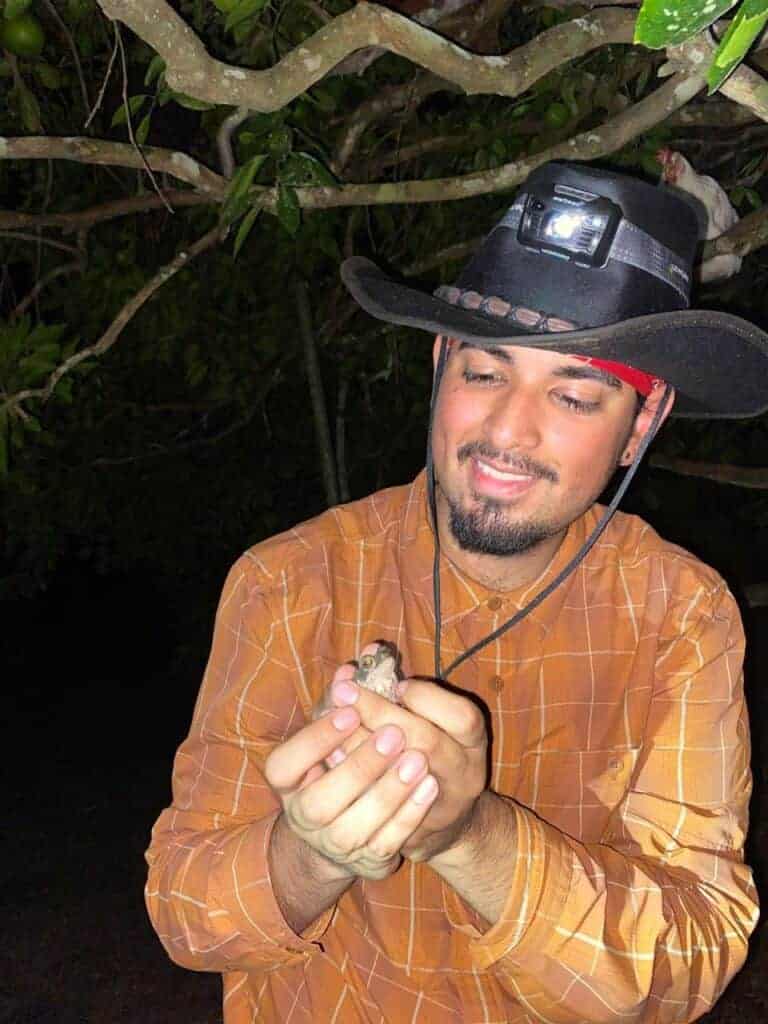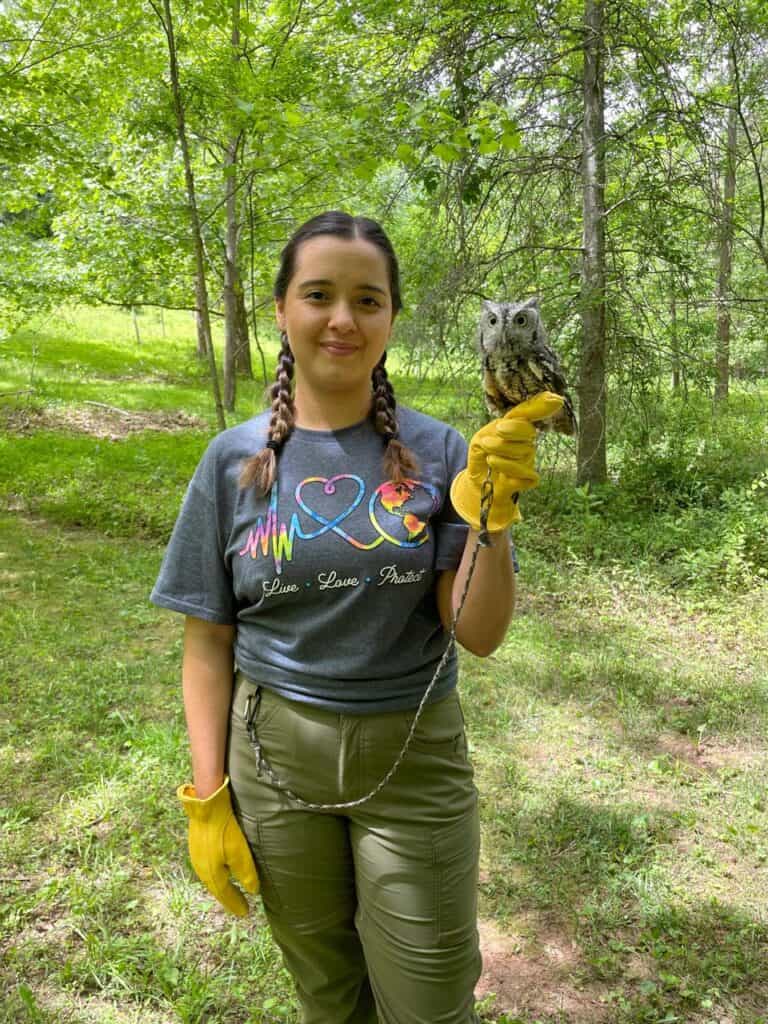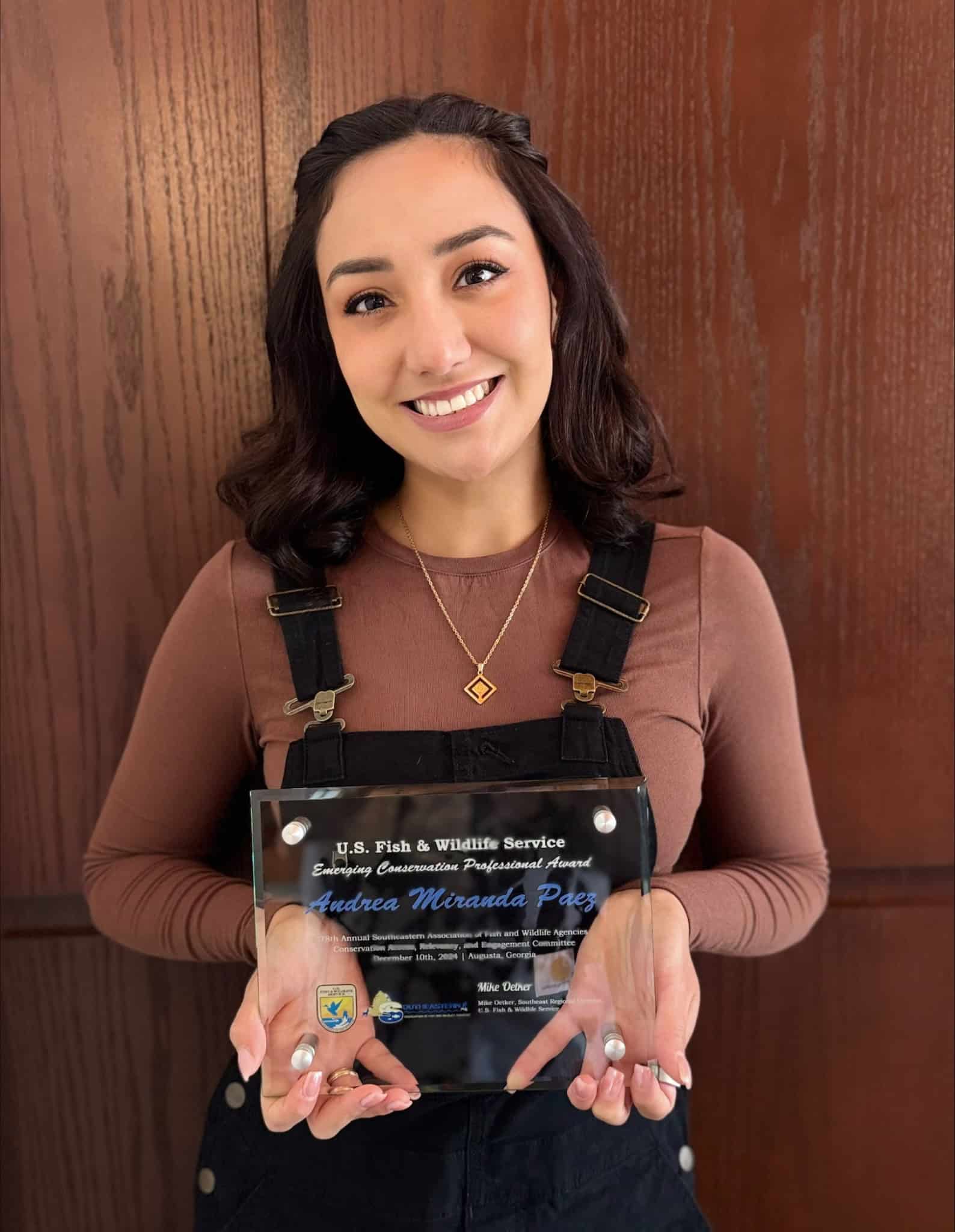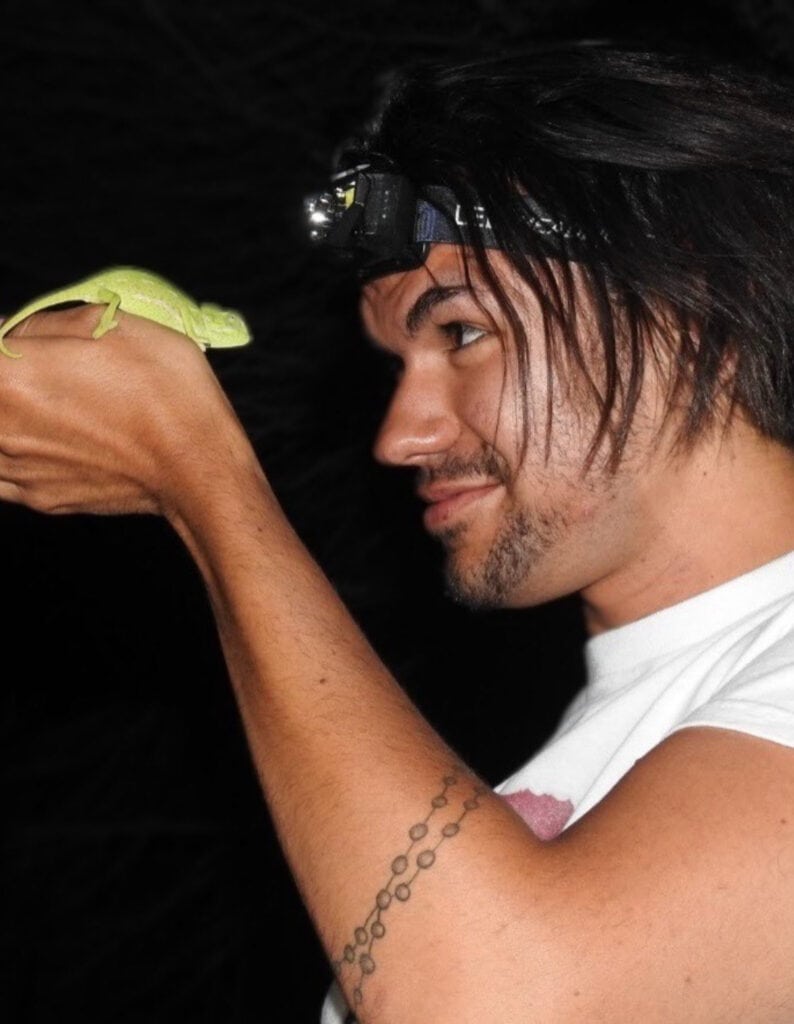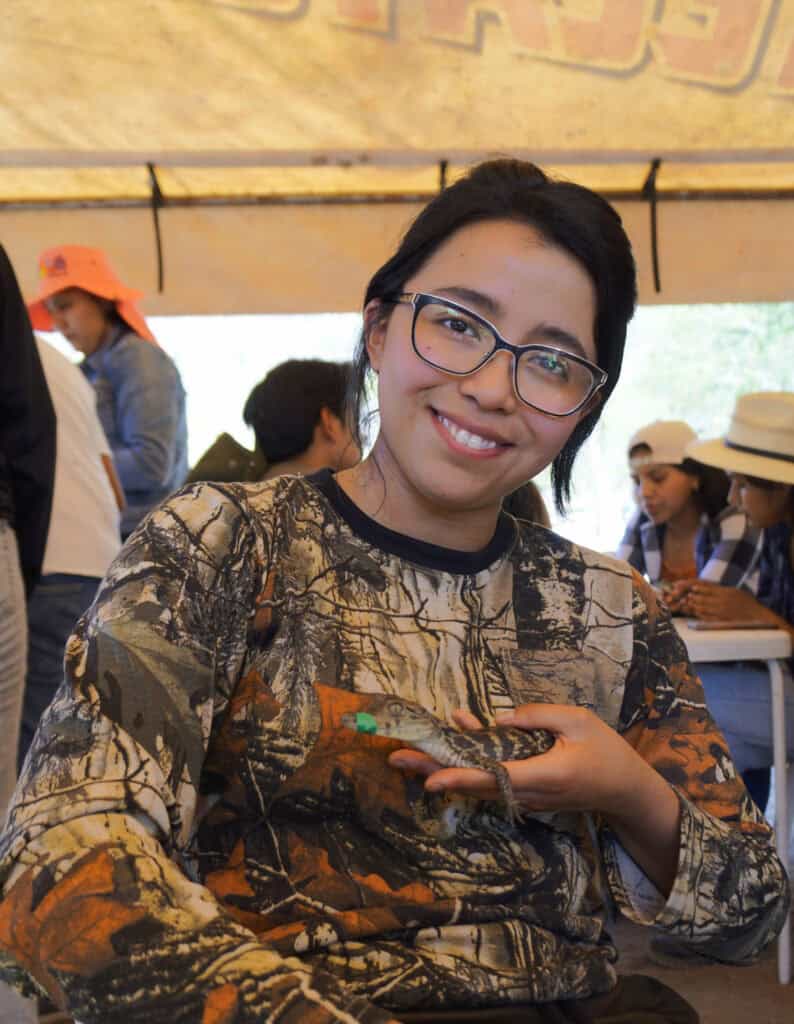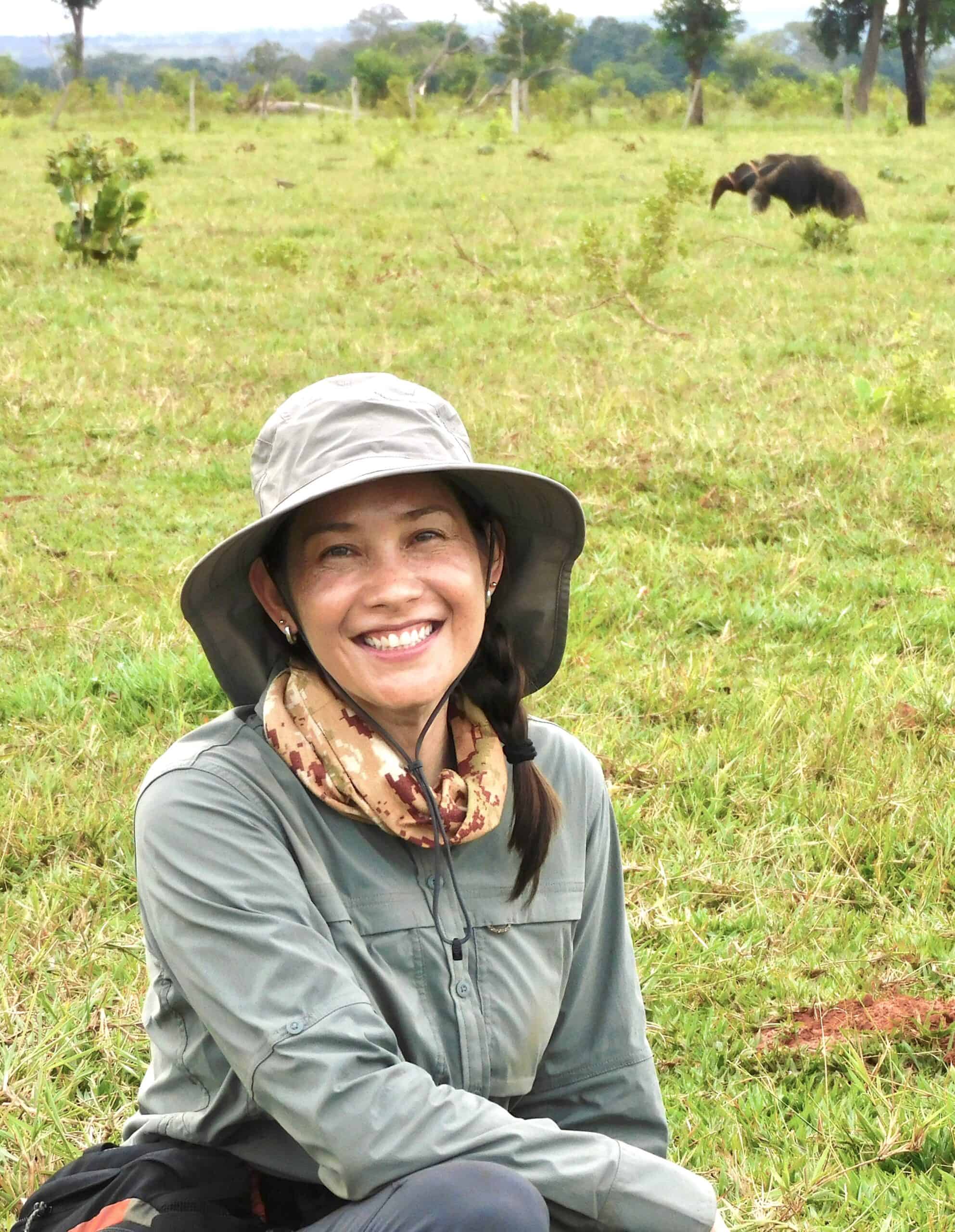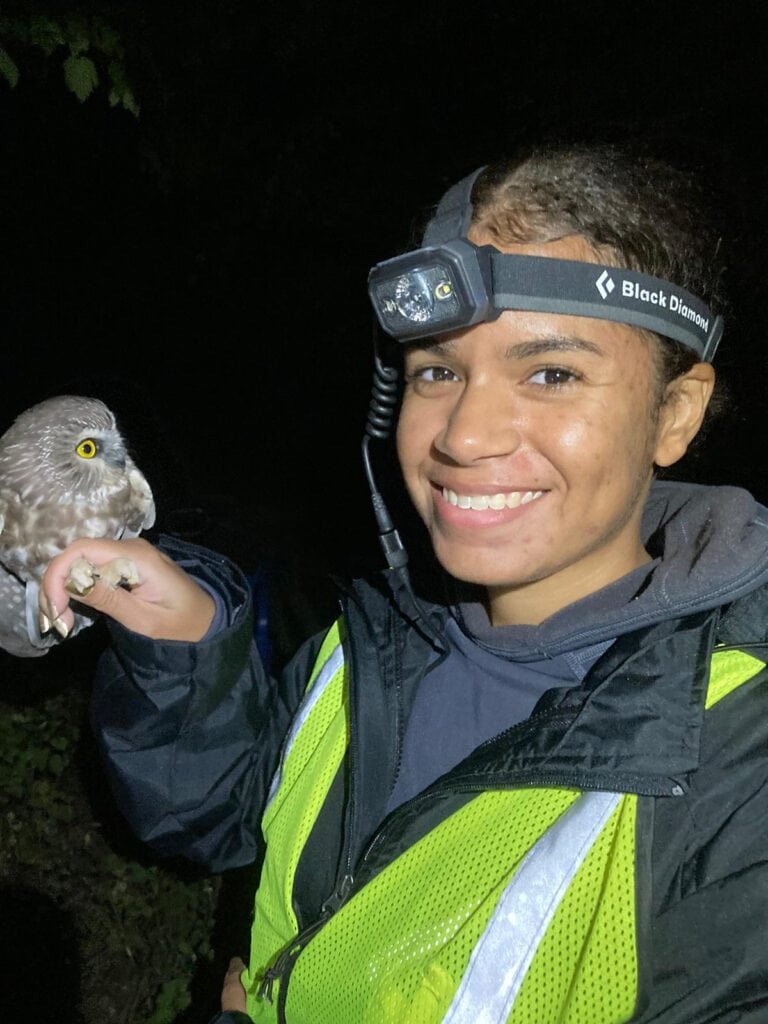- News
-
-
-
-
-
Latest News Articles
- TWS turns 90! February 3, 2026
- Discovering the impacts of brain drain and disinvestment February 3, 2026
- WV: Samantha Hamilton February 2, 2026
-
-
-
- Wildlife Professional Resources
-
- Our Network
-
- PUBLICATIONS
-
-
Recent Posts
-
 The Wildlife Professional November/December Issue
November 1, 2025
The Wildlife Professional November/December Issue
November 1, 2025
-
-
-
-
-
-
- Wildlife Events
- Who We Are
-


